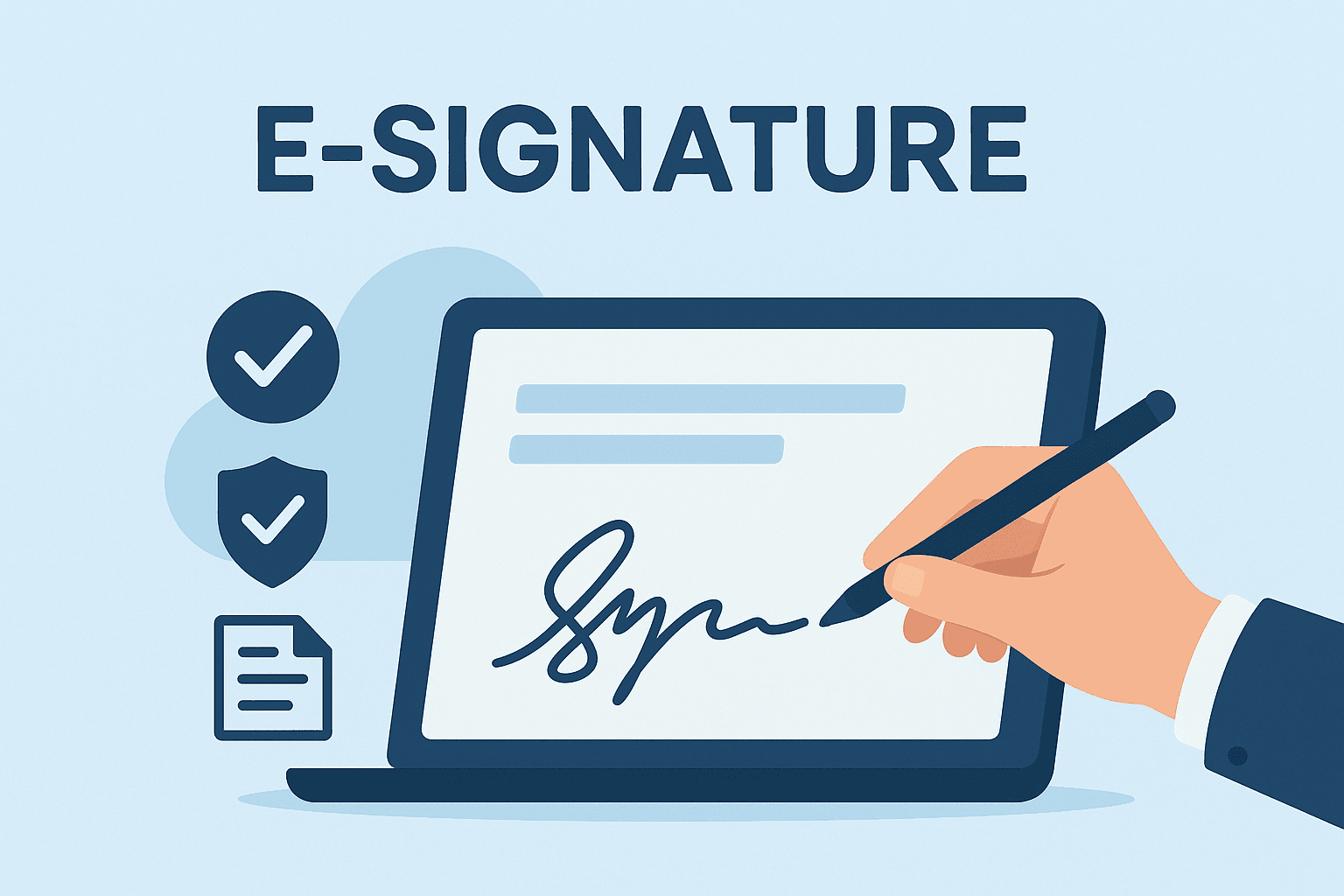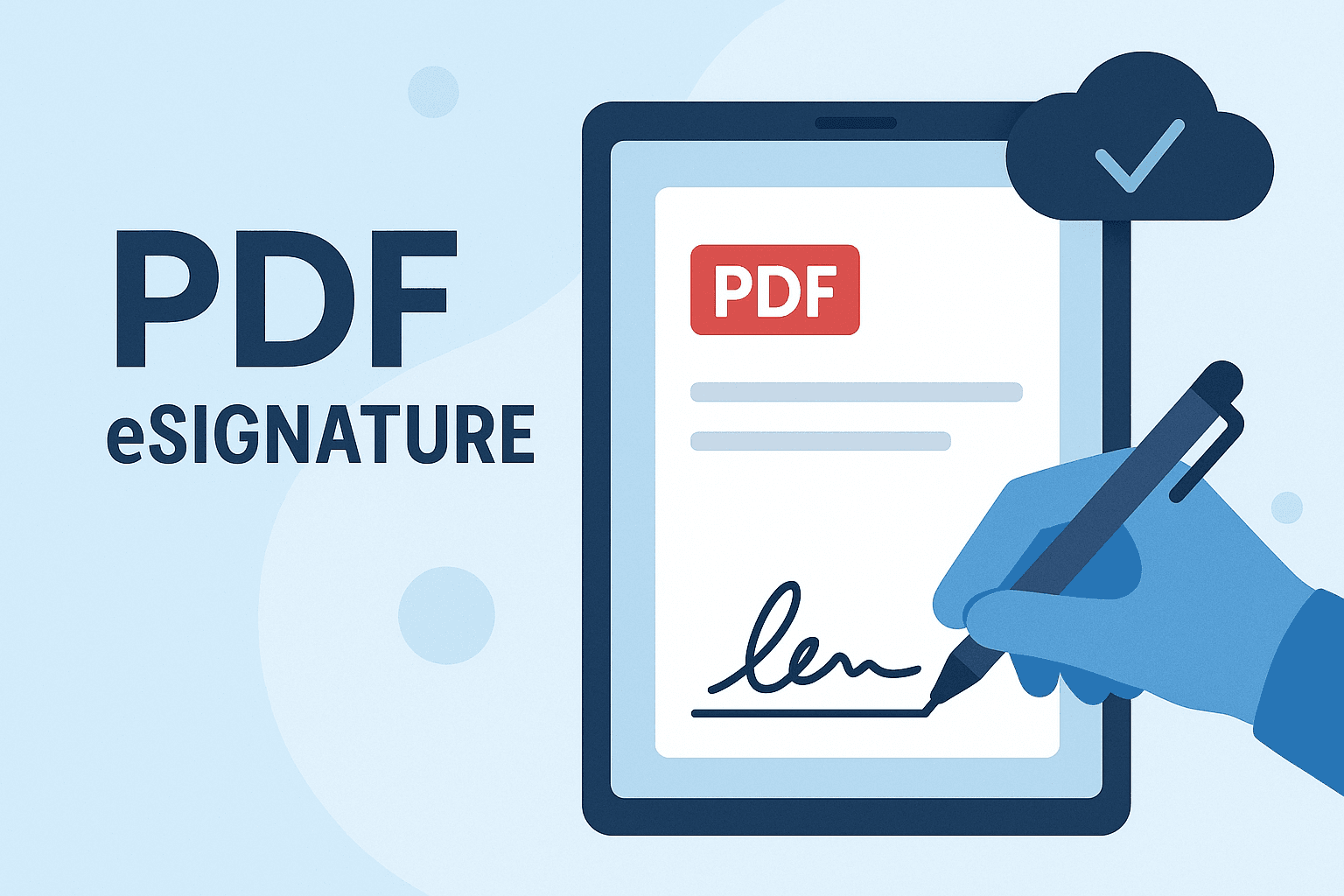How to get a digital signature certificate?





How to Get a Digital Signature Certificate?
In today’s digital-first world, the need for signing documents electronically has evolved from a convenience to a necessity. Whether you’re dealing with contracts, legal documentation, or business communications, a Digital Signature Certificate (DSC) provides the legal validity and security required for such digital transactions. But how exactly can you get one, especially when considering local regulatory terms across different regions like Hong Kong or Southeast Asia? This guide will walk you through the complete process.
What is a Digital Signature Certificate (DSC)?
A Digital Signature Certificate is a secure digital key issued by a Certifying Authority (CA) to validate and verify the identity of the person holding this certificate. It uses a public key infrastructure (PKI) to ensure signature authenticity, data integrity, and non-repudiation.
Unlike an electronic signature (which may only represent intent), a digital signature is backed by software encryption and complies with regional digital transaction laws such as eSIGN (USA), eIDAS (EU), and the Electronic Transactions Ordinance (ETO) in Hong Kong.

Types of Digital Signature Certificates
Before you get started, you need to choose the appropriate type of DSC based on your use case:
- Class 1 DSC: Basic level, used for securing email communications.
- Class 2 DSC: Suitable for filing documents for regulatory purposes, such as with government authorities or corporate filings.
- Class 3 DSC: High-assurance digital identity certificates used for e-Tendering, e-Auctions, and online bidding.
In regions following strict regulatory compliance, such as Singapore or Malaysia, Class 3 DSCs are often mandated for official transactions involving government or legal entities.
Step-by-Step Process to Get a Digital Signature Certificate
Step 1: Identify a Certifying Authority (CA)
To begin with, you must apply through an approved Certifying Authority. These vary by region. For instance, in Hong Kong, you must select a CA recognized under the Hong Kong Post Certification Authority; in Singapore, providers must be licensed under the Infocomm Media Development Authority (IMDA).
Make sure the CA you choose complies with your jurisdiction’s legal requirements for identity verification and encryption standards.
Step 2: Select the Type and Validity Period
Based on your need (personal or organizational use), select:
- The class of DSC (Class 1, 2, or 3), and
- The validity – usually DSCs are issued with a validity of 1 to 3 years.
Longer durations may come at a higher cost but reduce the hassle of renewal and repeated validation.
Step 3: Complete the Application Form
You can either fill out the application form online or offline. Typical details required include:
- Full name of the applicant
- Organization details (if applicable)
- Email address and mobile number
- Residential address
For applicants residing in Southeast Asia, especially regions with robust KYC requirements, you might also be asked to submit certification of non-criminal record, business registration documents, or authority letters.

Step 4: Submit Documents for KYC
KYC (Know Your Customer) norms ensure that the certificate is granted only to verified individuals or entities. The following documents are commonly required:
- Government-issued ID proof
- Address proof
- Passport-size photograph
- Business identity proof (for organizational DSCs)
Some countries, like Thailand or the Philippines, may require notarized documents or additional embassy attestations. Always verify region-specific documentation on your local CA’s portal.
Step 5: Identity Verification
Depending on your location, identity verification may be done via:
- Video KYC (remote webcam verification),
- In-person verification (visit a local agent or branch), or
- Aadhaar e-KYC (in India), SingPass (in Singapore), or MyKad (in Malaysia).
Once verified, the CA will issue a DSC. This certificate will be stored either:
- On a USB e-Token (hardware-based)
- Or as a soft certificate installed on the local machine
Soft certificates are convenient but less secure than tokens in environments with strict compliance.

Local Regulatory Considerations
Every jurisdiction enforces different compliance benchmarks for issuing and using digital signatures. Here are a few notable examples:
- Hong Kong: Under the Electronics Transactions Ordinance (Cap. 553), only digital signatures issued by a recognized CA are legally enforceable in courts.
- Singapore: The Electronic Transactions Act (ETA) governs digital signatures, requiring authentication through accredited CAs regulated by IMDA.
- Indonesia: The Law No. 11/2008 recognizes electronic information and documentation, but proper encryption and origin verification is essential for compliance.
Always ensure that your DSC solution adheres to the cryptographic standards and legal mandates of your country or regional authority.
Where Can Digital Signature Certificates Be Used?
You can use a DSC across multiple platforms:
- Filing taxes, such as IRD in Hong Kong or MyTax in Malaysia
- Company incorporation paperwork
- Signing financial contracts and loan agreements
- Government eProcurement and bidding
- Patent, trademarks, and IPR filings
- Employee onboarding and corporate HR processes
With remote work at an all-time high, DSCs have also become essential for cross-border transactions involving client agreements and NDAs.

Renewal and Revocation
Digital Signature Certificates are typically valid for 1-3 years. Prior to expiration, your CA will send a notification prompting renewal.
If at any point the certificate is compromised (for example, through lost tokens or suspected misuse), you should immediately approach your CA for certificate revocation. Some jurisdictions mandate reporting of revoked certificates to national cybersecurity agencies or public registers.
Recommended Digital Signature Solutions for Southeast Asia and Hong Kong
Finding a reliable, regionally compliant provider is crucial. While global tools like DocuSign remain a good option for basic use, organizations operating in legally rigorous environments may consider using platforms that offer:
- Local KYC support
- Jurisdiction-specific certificate validation (e.g., Hong Kong Post, IMDA, etc.)
- Multi-language service and trusted e-seal configurations.
For users in Hong Kong and Southeast Asia looking for a secure and compliant alternative to DocuSign, eSignGlobal has emerged as a regional legal-tech leader. Their services are aligned with local laws, support multi-country use, and offer enterprise-grade eSignature and digital certificate solutions.

Final Thoughts
Getting a Digital Signature Certificate need not be a complicated process. By following your jurisdiction’s rules and choosing a trusted Certifying Authority, both individuals and organizations can safely engage in digital transactions with full legal enforceability. Whether you’re in Hong Kong, Singapore, or elsewhere in Southeast Asia, ensure your DSC meets local legal standards—and you’re set for a seamless digital operation.
Ready to go paperless? Choose regionally compliant platforms for better performance, security, and peace of mind.

 Only business email allowed
Only business email allowed


